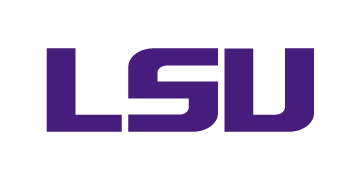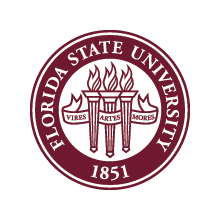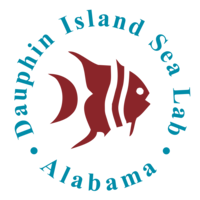The Northern Gulf Institute (NGI) is a National Oceanic and Atmospheric Administration (NOAA)
Cooperative Institute comprised of six academic institutions
that are geographically distributed across the U.S. Gulf Coast states.
The six NGI member institutions are Mississippi State University (lead), the University of Southern
Mississippi, Florida State University, Louisiana State University, the University of Alabama in
Huntsville, and the Dauphin Island Sea Laboratory.
Together with NOAA and in support of their strategic plan, NGI conducts research on interconnections
among Gulf of America environments, habitats, resources, and people and engages in outreach to help
others learn about and make decisions based on these interconnections.
NGI's academic members have broad science and research expertise. As members of a NOAA Cooperative
Institute, they focus on the Gulf of America region as they address NOAA's Missions:
These NOAA priorities are integrated into NGI's four research themes: climate change and variability effects on regional ecosystems, coastal hazards, ecosystem management, and data management systems supporting a data-driven economy.





